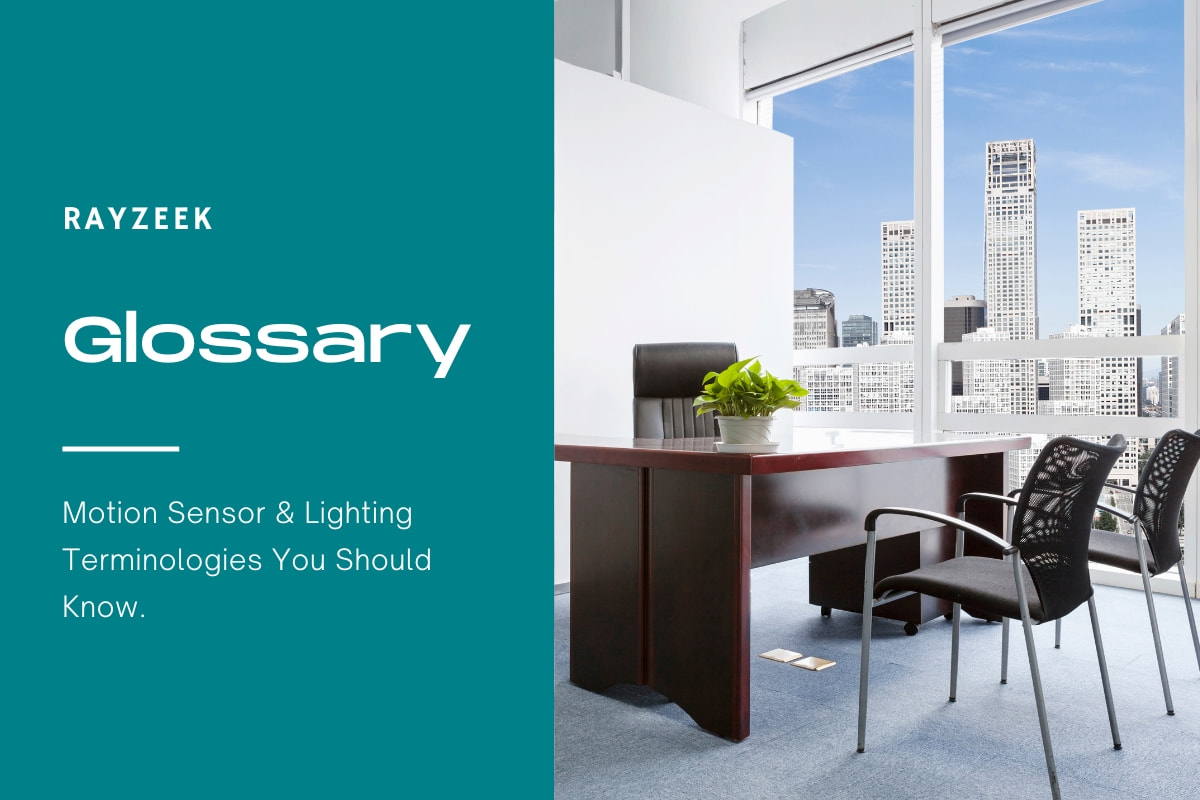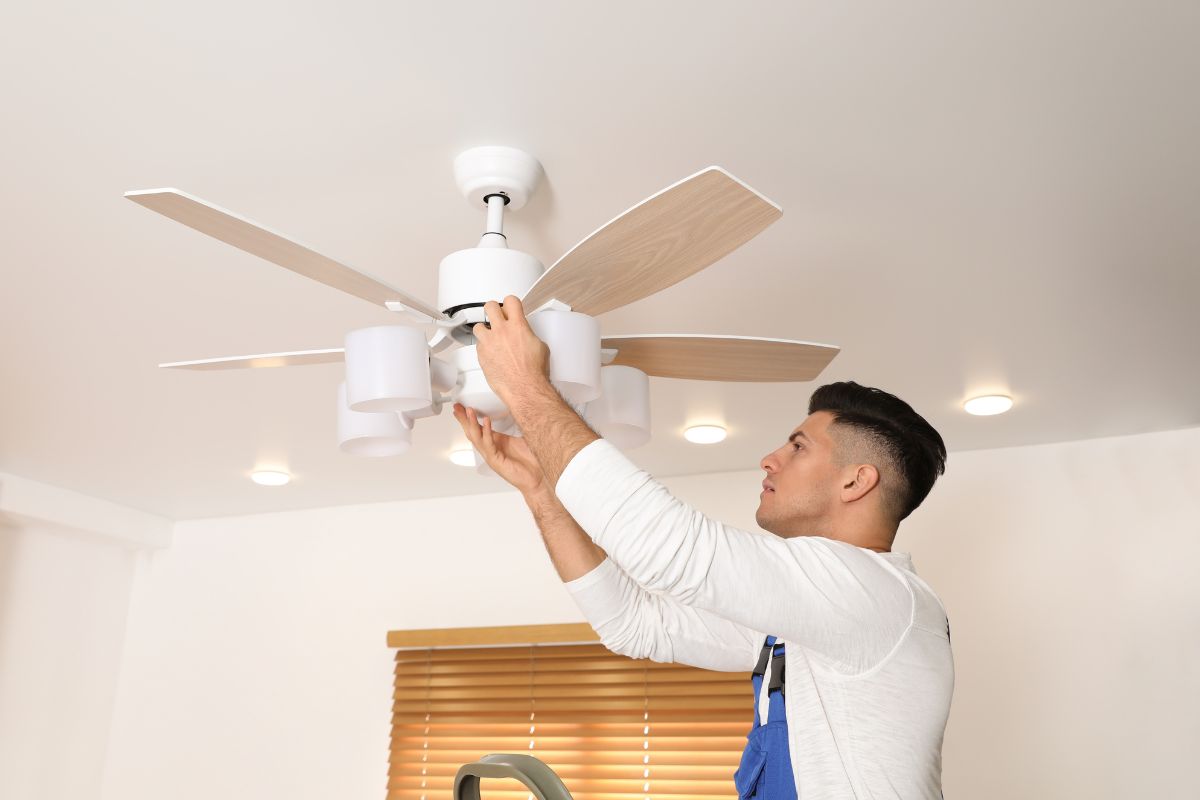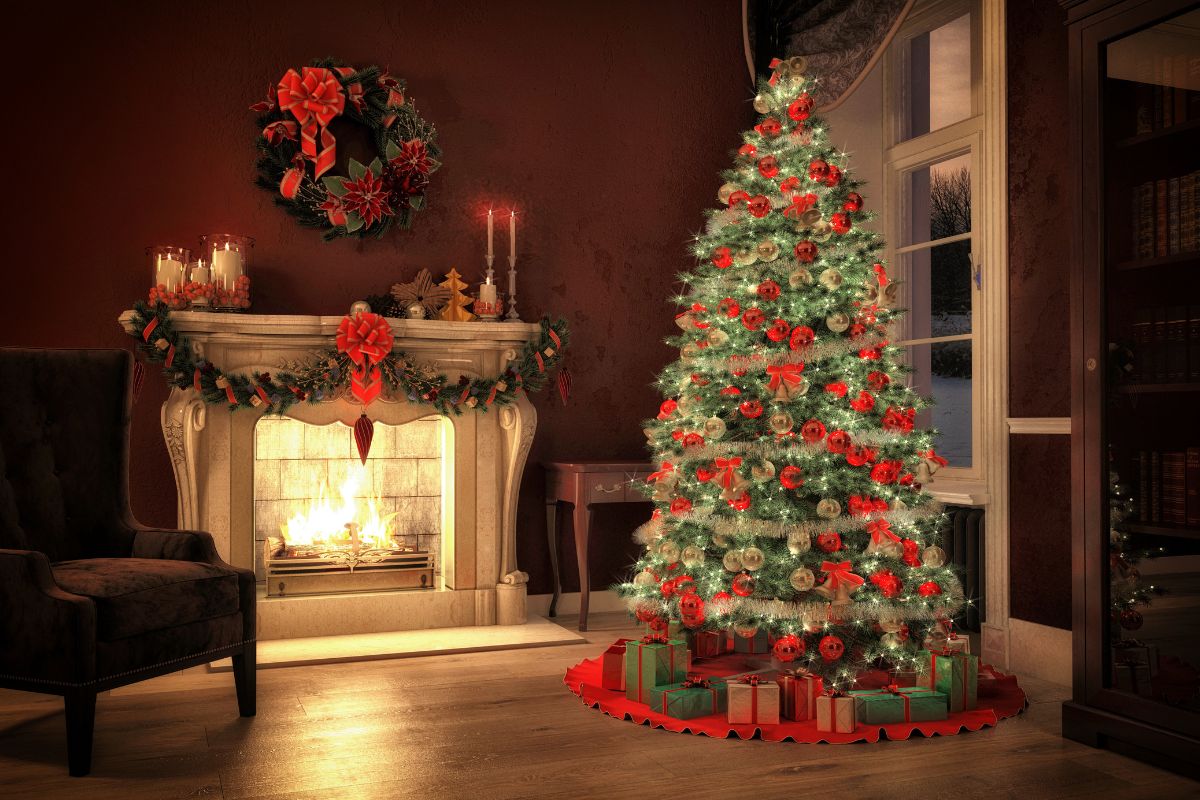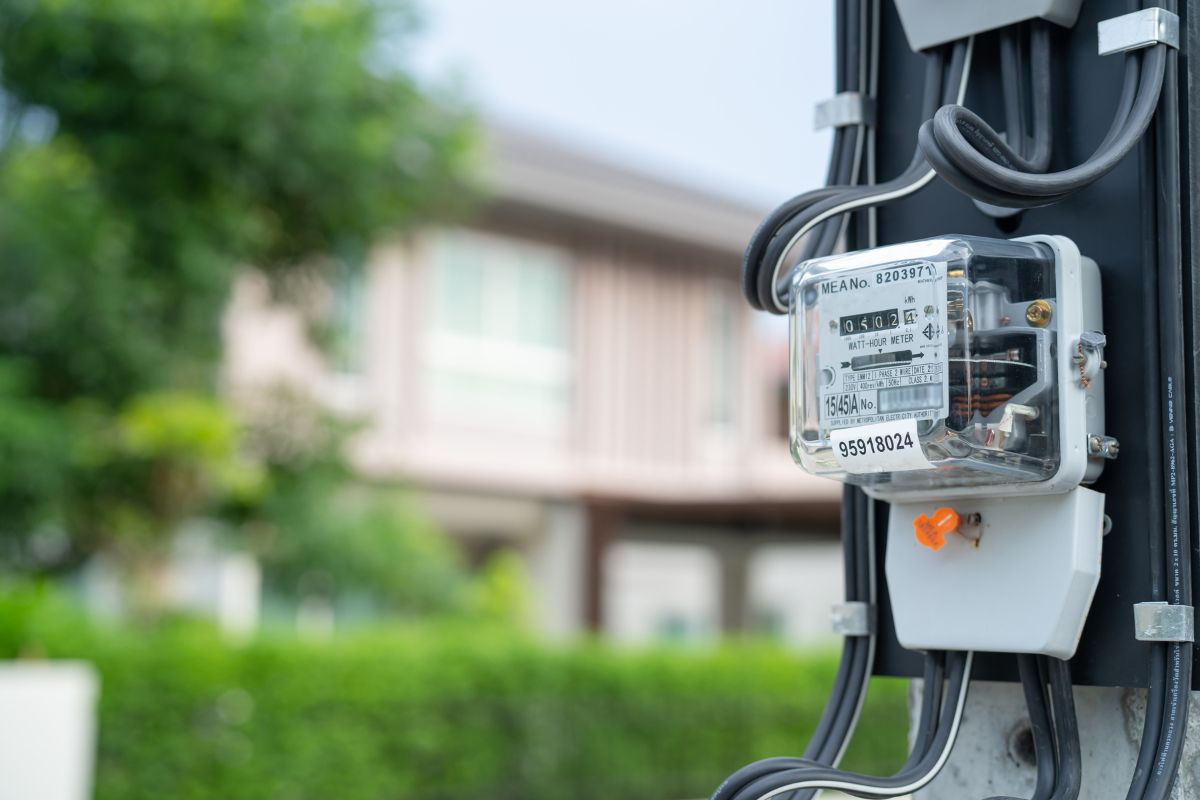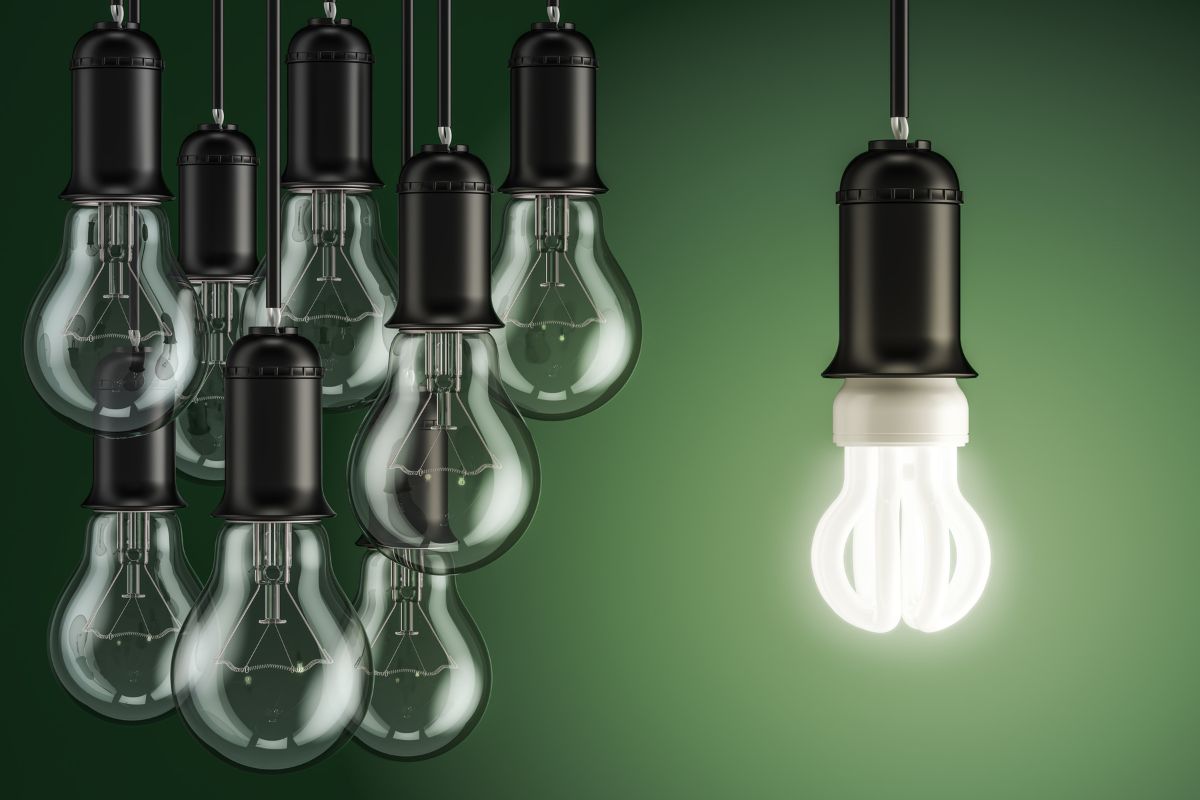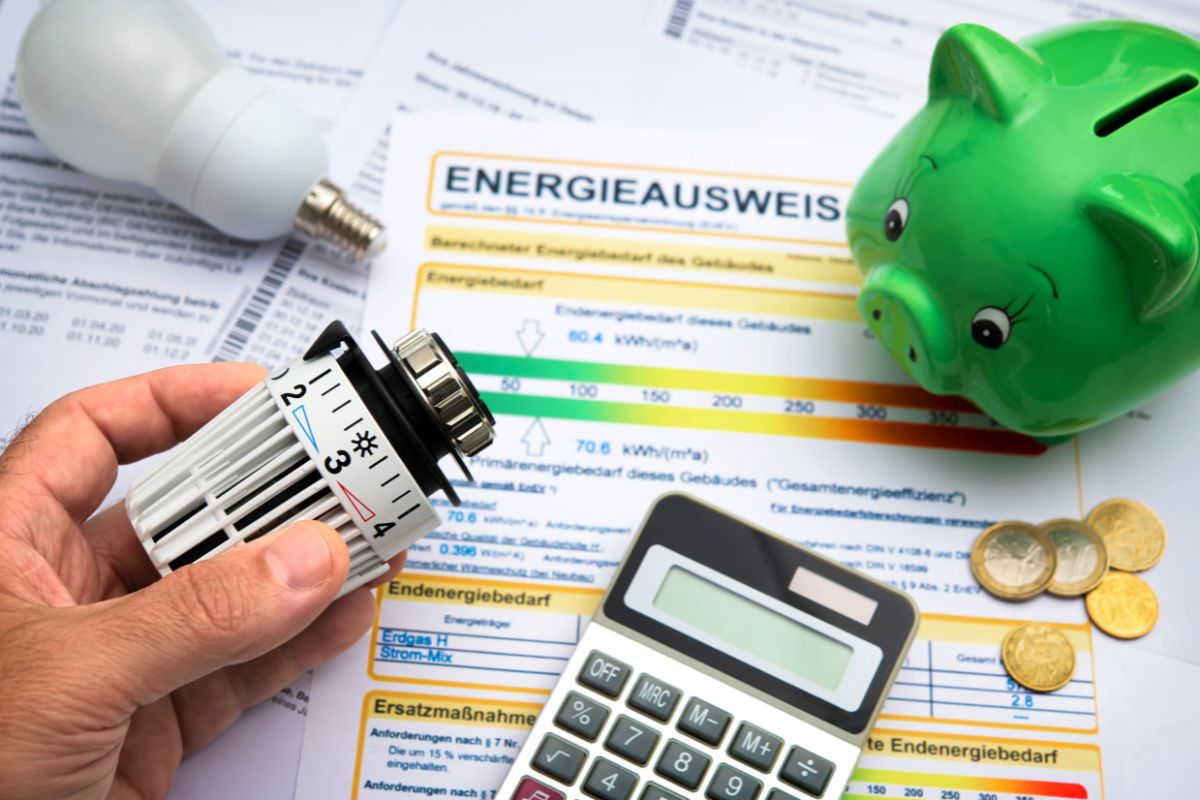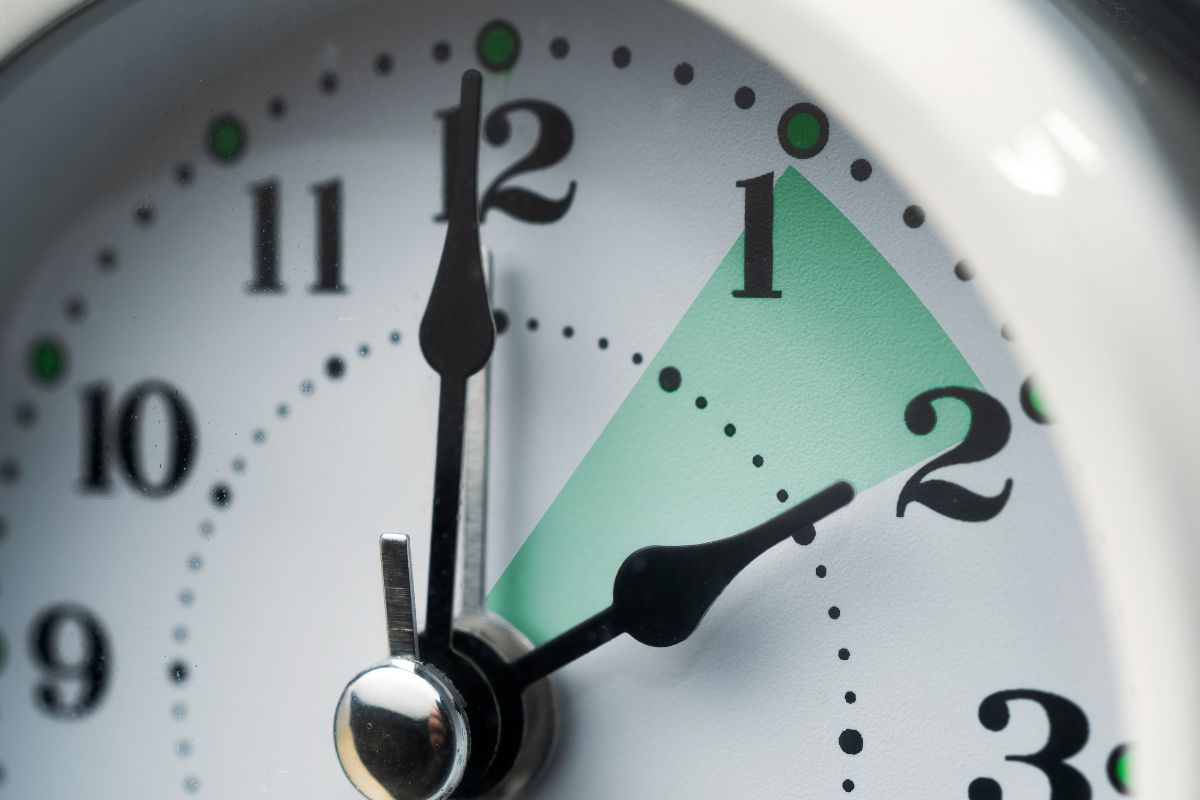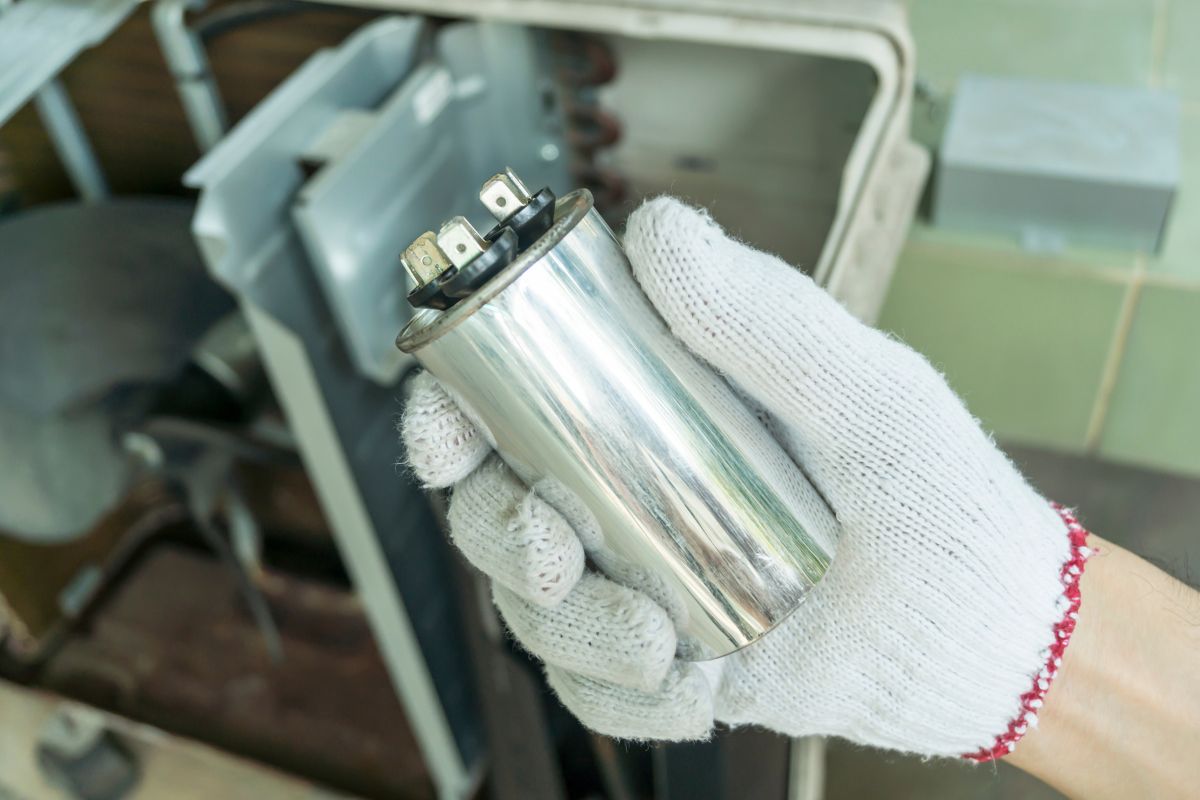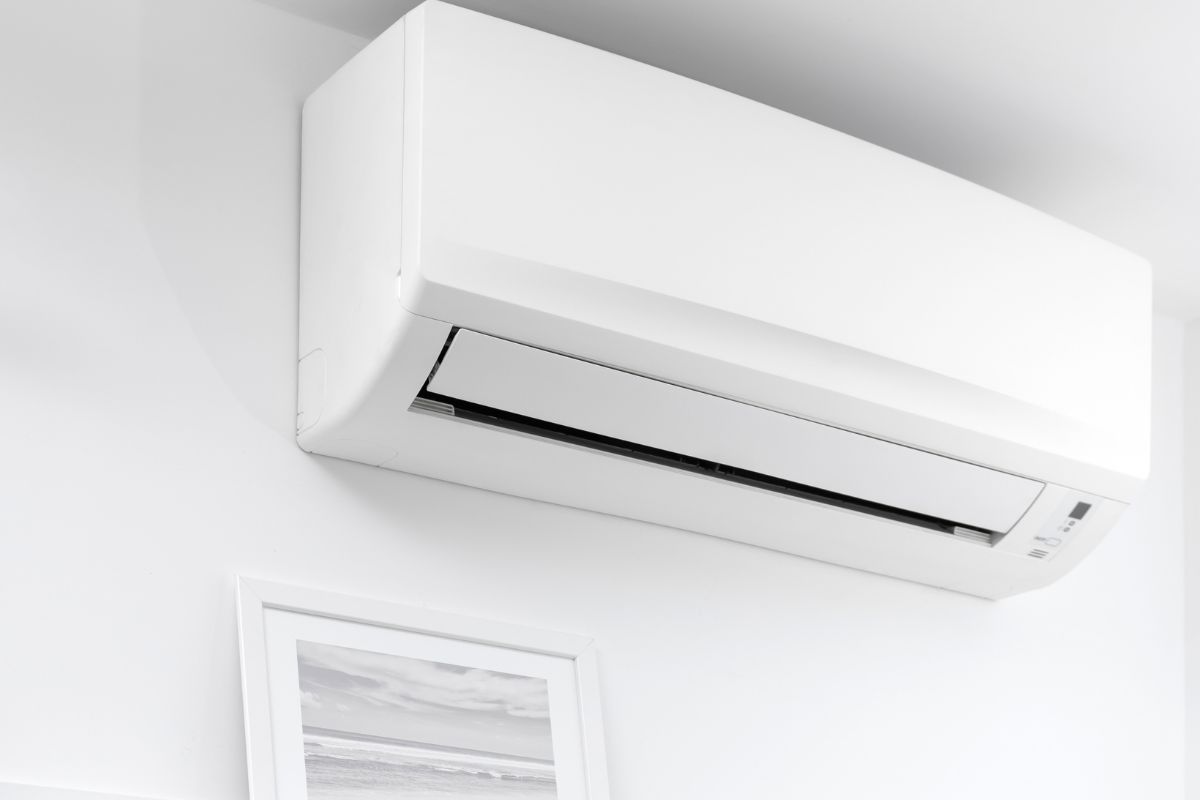What is Long Life
“Long Life” in the lighting industry refers to the extended lifespan of LED light fixtures compared to traditional incandescent bulbs. LED light fixtures have been tested to last as long as 100,000 hours, which is significantly longer than the approximately 1,000 hours of lifespan for incandescent bulbs. On average, LED light bulbs can last for at least 20 years without needing to be changed.
The extended lifespan of LED light fixtures brings several advantages. Firstly, it reduces the need for frequent bulb replacements, saving both time and money. With LED lights lasting for such a long time, maintenance workers can focus on other tasks instead of constantly changing bulbs. Additionally, the longevity of LED fixtures makes them a cost-effective investment.
Looking For Motion-Activated Energy-Saving Solutions?
Contact us for complete PIR motion sensors, motion-activated energy-saving products, motion sensor switches, and Occupancy/Vacancy commercial solutions.
There are factors that can affect the actual lifespan of LED fixtures:
Heat is one of the greatest enemies of LED bulbs. Unlike incandescent bulbs, which become stronger as they heat up, LED bulbs are susceptible to heat. If the heat is not properly dissipated through a well-designed heatsink, the LED circuits can be damaged, leading to a shorter lifespan. In some cases, LED bulbs can die in as little as one year if the heatsink is not effective. Some commercial and industrial LED bulbs incorporate small fans, similar to computer fans, to draw cool air through the lamp and prevent overheating.
Get Inspired by Rayzeek Motion Sensor Portfolios.
Doesn't find what you want? Don't worry. There are always alternate ways to solve your problems. Maybe one of our portfolios can help.
The environment in which the LED bulb is placed can also affect its lifespan. If the bulb is exposed to a hot and humid environment or is installed in an enclosed area, heat can build up and reduce its life expectancy. To address this, special LED lights are designed for use in inhospitable environments, and vapor tight fixtures are recommended. It is worth noting that most LED bulbs purchased from reputable manufacturers have been tested and approved for use in enclosed environments, minimizing any negative impact on their lifespan.
Another factor that used to affect the lifespan of LED bulbs is the capacitor. However, substantial improvements have been made in capacitor technology over the past decade. Most LED bulbs now last at least as long as the estimated lifespan printed on the LED box. As LED bulbs age, they do not usually fail suddenly but instead gradually produce less light. Manufacturers have determined that the point at which the dimming becomes noticeable is at around 70% of the original lumens. This is why many LED bulbs receive an L70 rating, indicating that after a certain number of hours of use (e.g., 25,000 hours), the bulb will only be producing 70% of its original light.
Frequently Asked Questions
Why Do My LED Bulbs Burn Out So Fast
LED bulbs have a lower heat output compared to other bulbs, but this also means that they can be more susceptible to overheating. This sensitivity to overheating can result in a shorter lifespan for the bulbs. To prolong the life of your LED bulbs, it is important to keep them cool. Additionally, make sure that the bulbs you are using are the appropriate size for the fitting.
Do LED Lights Really Last 20 Years
LED light bulbs are often advertised to have a lifespan of 5, 10, 17, or even 20 years. However, it is important to note that these numbers can sometimes be misleading. Therefore, we suggest that our customers either perform their own calculations or consult with us to determine a more accurate estimate of the lifespan of LED lights.
Do LED Lights Last 10 Years
Most LED bulbs have a lifespan of approximately 50,000 hours, indicating that you might not need to purchase replacement LED bulbs for around 10 years after your initial purchase. In contrast, incandescent and halogen bulbs typically last for only 1000 – 2000 hours, while dimmable LEDs can last for up to 100,000 hours.
How Long Do Cheap LED Lights Last
As previously stated, when used correctly, cheap LED lights can last for approximately 30,000 to 50,000 hours, which is significantly longer than the average lifespan of an incandescent light bulb, which is only around 1,000 hours.
What Happens When LED Lights Burn Out
LED bulbs do not burn out in the same way as regular bulbs, where they suddenly stop working when they lose power. Instead, LED bulbs gradually deteriorate over time. Over the course of several years, their brightness diminishes, a phenomenon referred to as “luminous decay.” When they start emitting a faint light, it indicates that it is time to replace them.
Can You Overuse LED Lights
It is important to note that LED light therapy has an excellent safety record. In fact, there is no risk of overusing LED lights. Overuse will not result in any harm or damage to the skin. However, it is worth mentioning that overusing LED lights will not expedite the desired results either. For optimal outcomes, it is recommended to use LED light therapy at least three to five times a week for a duration of four to five weeks.

